Our team of IVD specialists design and conduct clinical investigations of novel molecular diagnostic kits, platforms and methods to validate commercial and clinical applications.
Protein Technologies is accredited to ISO15189 as a medical laboratory, which ensures our systems and procedures are operating to an internationally recognised standard of good practise.
We review the commercial potential of products to help you understand the best applications by assessing feasibility, viability and the ability to meet regulatory requirements for applications. Our report is designed to improve your sales targeting by identifying the products ability to meet the customer’s requirements. In addition to commercial potential reports we also conduct risk management reports, technical feasibility reports and manufacturing feasibility assessments.
Evaluation
The evaluation we conduct aims to quantify the performance of a method in relation to an existing method. This extensive process compares different test methods designed to perform the same functions using various statistical methods helping you to understand your methods performance.
During the evaluation process we quantify the performance of a method and compare this to an accepted standardised method. Our evaluation will determine the methods performance against a market competitor measuring metrics such as sensitivity, specificity and accuracy to determine its performance.
Validation
The purpose of validating the method is to ensure the user’s needs are met and the product performs for the intended use. It examines the entire process and confirms the results are consistently accurate.
During the validation assessment we aim to determine if the methods and products perform as intended. Therefore, we compare the methods and products under various conditions ensuring the end user’s requirements for the product and methods are met. This exercise examines the entire process to demonstrate reliable and consistent results are achieved in all expected conditions.
Verification
We confirm the design meets the products requirements during the verification process. Furthermore, we guarantee that the transfer and production of the confirmed design was successful.
The verification report confirms the product, design, scaling and manufacturing schemes have delivered a product which meets the end users’ requirements.
Biomarker Translation and Development
Our biomarker research and development programme has established molecular targets for the diagnosis and prognosis of several pathologies in areas ranging from oncology and inflammatory to autoimmunity and inherited disease.
The identification of biomarkers is fundamental to effective drug discovery and vital to assessing the efficacy and dosing of novel treatments. This project aims to identify specific biomarkers and develop reliable methods for the measurement and quantification of these markers, in turn, facilitating accurate clinical investigations.
The field of microbiology is growing rapidly as scientists investigate into different treatments and disorders. There are multiple areas which biomarkers have helped us gain a better understanding, with diabetes, diabetes-related cardiovascular illnesses and cancer being the common areas. However, due to a lack of biomarkers, neurological diseases such as Alzheimer’s disease and multiple sclerosis (MS) have become stunted despite biomarkers having the potential to identify early stages of neurological diseases. We aim to produce biomarkers that will assist in finding the diagnoses and treatments of the diseases.
